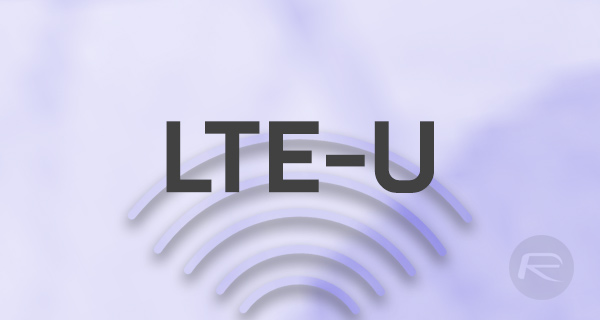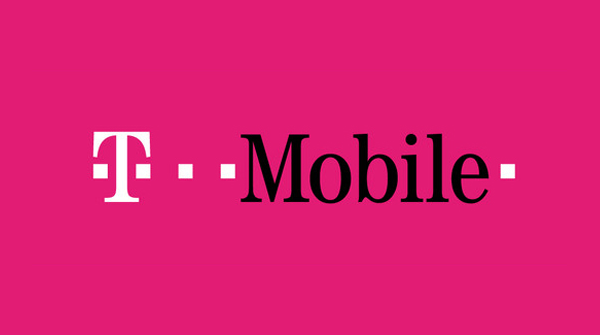More areas within the United States can expect to be able to receive gigabit LTE speeds in the future according to carriers following the news that the FCC has approved the 5GHz spectrum for the use of mobile data connections.
Carriers are keen to ensure that users can make the most of their networks, and ever increasing speeds are part of that with 5GHz spectrum at the forefront of the next step for carriers and device manufacturers.

The 5GHz spectrum has historically been used for WiFi appliances, with the belief being that allowing carriers to use the same spectrum would be a recipe for disaster. However, following work by both cellular and WiFi stakeholders, the FCC is now in a position to accept that both technologies can co-exist on the same 5GHz spectrum.
During testing, it was demonstrated that carriers can automatically reduce the usage of the 5GHz band in areas which also include a high usage of the spectrum by WiFi devices in order to ensure no issues occur. Conversely, in areas where WiFi is not heavily used carriers can increase the usage of the same spectrum, meaning speeds can increase for those using cellular networks when allowed.
LTE-U allows wireless providers to deliver mobile data traffic using unlicensed spectrum while sharing the road, so to speak, with Wi-Fi. The excellent staff of the FCC’s Office of Engineering and Technology has certified that the LTE-U devices being approved today are in compliance with FCC rules. And voluntary industry testing has demonstrated that both these devices and Wi-Fi operations can co-exist in the 5GHz band.

In light of this development, T-Mobile has also taken the initiative to announce its move into this foray:
With LTE-U, starting this spring, T-Mobile customers will be able to tap into the first 20 MHz of underutilized unlicensed spectrum on the 5GHz band and use it for additional LTE capacity.
The LTE-U technology is named so, as it runs on the unlicensed 5GHz spectrum, and while this new approval by the FCC does not mean that it has been licensed, it does mean that we are a step closer to such a thing happening.
With the FCC now happy that both the cellular and WiFi industries believe they can live happily ever after on the same spectrum, gigabit 5G speeds could now be edging closer for a larger percentage of the U.S. population.
(Source: FCC)
You may also like to check out:
- China Mobile To Start 5G LTE Testing By Mid 2017 [Report]
- Intel Announces World’s First Global 5G Modem, AT&T Unveils 5G Plans For 2017
- Fix iPhone 7 And iPhone 7 Plus Camera Freezing Problem, Here’s How
- Hidden macOS Sierra Features For Mac That You Probably Don’t Know About
- WhatsApp / WhatsPad++ On iPad And iOS 10 Without Jailbreak, Here’s How To Install It
You can follow us on Twitter, add us to your circle on Google+ or like our Facebook page to keep yourself updated on all the latest from Microsoft, Google, Apple and the Web.

